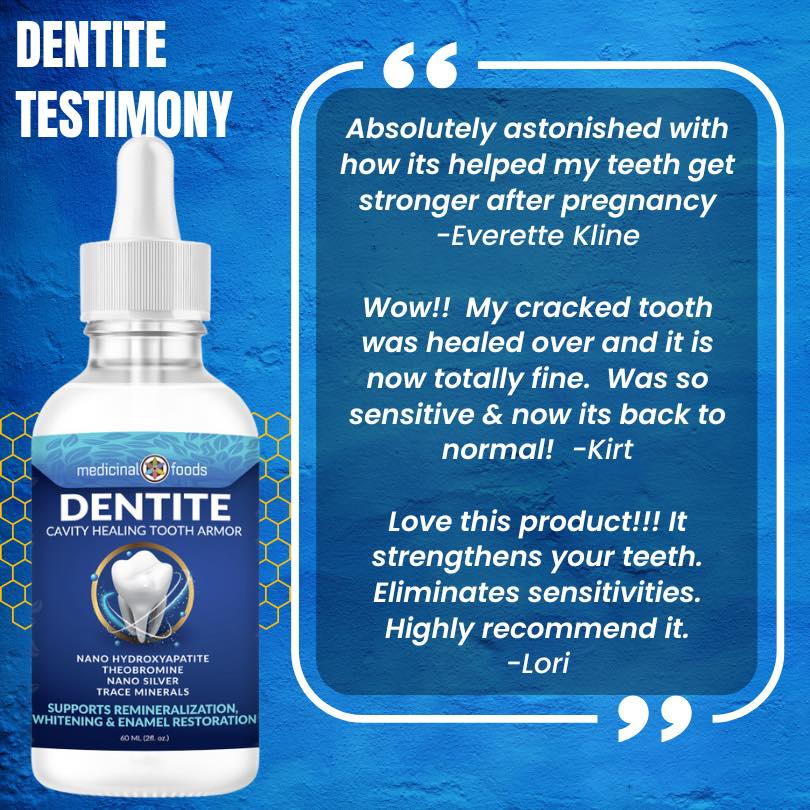Can Enamel Actually Be Restored? Science Says Yes
For decades, dentists told patients: “Once enamel is gone, it’s gone.” And while enamel doesn’t magically regrow, modern science has shown that it can be restored and reinforced — but only if your teeth get enough of the right mineral.
The Truth About Sensitivity Toothpastes
Many sensitive toothpastes proudly advertise that they contain nano-hydroxyapatite — the same mineral your enamel is made of. On the label, it looks impressive. But here’s what they don’t say:
Most formulas contain less than 5% nano-hydroxyapatite. That’s a fraction of what’s needed to make a real difference. At that level, it can’t repair the daily damage enamel suffers, which is why sensitivity keeps coming back no matter how often you brush.
It’s not that the ingredient doesn’t work. It’s that the dosage is so low, it never has a chance to.
The Dentite Difference
Dentite doesn’t hold back. It delivers nano-hydroxyapatite at the maximum legally allowable 15.5% concentration. That’s six times higher than the trace amounts in standard toothpaste — and it’s the dosage supported by science to actually restore enamel, seal dentin, and stop sensitivity at its root.
Why That Matters for You
-
Real sensitivity relief. Strong enamel seals off dentin tubules, stopping pain signals from reaching nerves.
-
Daily protection. A full-strength dose repairs enamel faster than it’s being worn down by acids, whitening, or grinding.
-
Visible results. Teeth not only feel stronger, they look healthier and brighter as enamel is rebuilt.
The Bottom Line
Tooth sensitivity isn’t about calming nerves — it’s about rebuilding enamel. And that only happens when you use enough of the right mineral. With 15.5% nano-hydroxyapatite, Dentite gives your teeth what they need to truly recover — and protects them for the long term.










